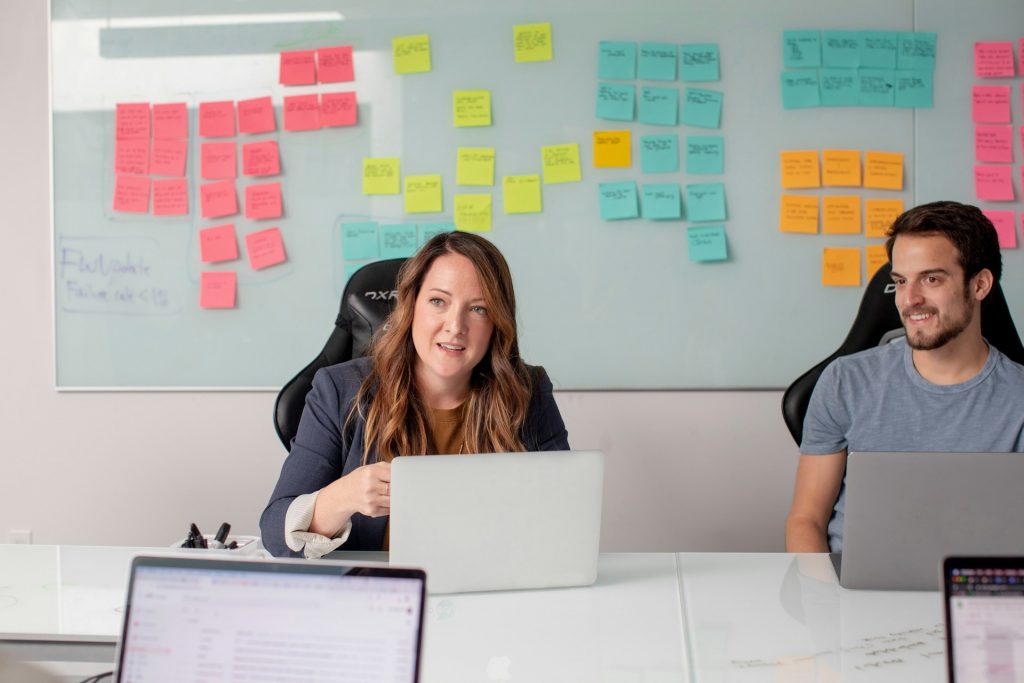Choosing a program
I earned my bachelor’s degree in finance in 2015 and worked as an accountant in Moscow. I decided to enroll in a diploma programme because it offers the opportunity to get an open work visa after completing the course. Choosing the right programme was difficult, as there are many options. Auckland has a huge variety of educational institutions for any budget and in any field. For me, the decisive factor was the cost of the programme, as I wasn’t pursuing it so much for the knowledge or the diploma, but rather for the visa. That’s why I chose the Postgraduate Diploma in Business Administration at AIS.
Studying process
Classes are only on weekends. The structure of the programme allows students to work up to 20 hours per week during weekdays. This is convenient and allows for office jobs. Classes take place on both Saturday and Sunday from 9 AM to 5 or 6 PM (ending times varied depending on the subject and lecturer).
There are no exams, but there are a lot of assignments. Each week, students should submit an assignment ranging from 2,000 to 4,000 words.
Skipping classes is strictly prohibited. At the beginning of each course, lecturers take attendance. Since the course is intensive, missing just one day means missing 20% of the course, which automatically results in failing that subject. If there is a serious reason for missing classes (e.g., hospitalization or urgent travel back home), it’s possible to make arrangements to take the subject with another intake. However, you’ll need to pay extra and apply for a new student visa.

One of the advantages of this programme for me is the schedule. Studying on weekends is more convenient. All weekdays are free for work and writing assignments. The downside is the accumulating fatigue from not having any days off. Basically, for an entire year, you’re waking up at 7 AM every day to go to work or class. Another disadvantage is that the study process is very intensive and compressed, so many topics are covered only superficially due to time constraints.
Groups and lecturers
The average class size is about 30 students. I had courses with as many as 45 and as few as 15 students, depending on the subject. Students come from a wide range of countries.
In our intake, there were many students from the Philippines, as well as from India, China, Sri Lanka, and Russian-speaking countries like Kazakhstan, Kyrgyzstan, and Russia.
Lecturers are very diverse. Some are excellent — modern, talented, and engaging — and others, frankly, are not so good. Some are teaching because they are pursuing a doctoral degree and are required to teach as part of their programme. Others teach for enjoyment or extra income. Most lecturers have full-time jobs or run their own businesses, which is a big plus because they bring real-world and up-to-date knowledge. A few are retired and teach slightly outdated material. Most lecturers are approachable and willing to help, although some rarely respond or give unhelpful answers. Many of them were once immigrants themselves, from various countries.
Part-time work and adaptation
I found a job as an assistant accountant at a great construction company a couple of months after starting my studies. I work in the office 20 hours a week, Monday to Friday, from 9 AM to 1 PM. It’s very easy to combine with studying. Finding my first job wasn’t easy because I specifically wanted something in an office, not in the service industry. If you’re looking for something simple as a first job, it’s not difficult. Good hands are always needed. After work, I have plenty of time for self-study, and on weekends — for classes.
Read how to find part-time job in New Zealand
I recommend international students to start making friends and talking with each other and local students. It’s really interesting. You learn about different cultures and improve your language, communication, social skills. Gain helpful contacts.
Summary
Overall, my programme didn’t provide a lot of new knowledge, and not all courses were exciting or engaging. However, if someone genuinely wants to study, it’s absolutely possible. There’s access to books in the library, as well as opportunities to talk to lecturers about any topic. Also, staff is always open to discussion. Moreover, everyone is very friendly and willing to help. So, f you want to learn, all the tools are available.
I personally found the learning experience interesting. I discovered a lot of new things and met some amazing classmates and lecturers. This experience is extremely helpful in adapting to life in a new country and preparing for “real” life in New Zealand. You learn a lot about the country, its laws, how business works, how hiring is done, and many other interesting facts.
Kiwi Education
I’m very happy with Kiwi Education. We applied for two student visas: first for English language courses, then for the diploma programme. Everything was quick and well-organized. A huge thank you for all the help. I’m really satisfied. Special thanks to Ksenia for her quick replies, detailed explanations to all my strange questions, and her incredible patience!
